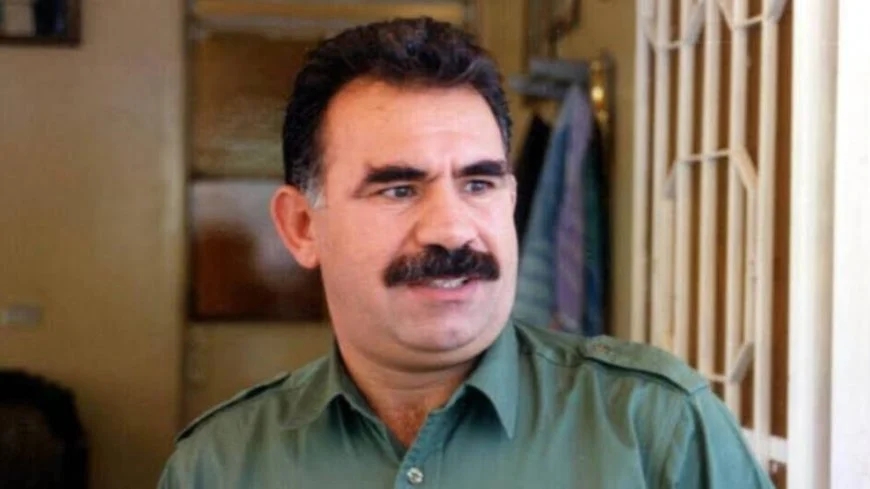Growing academic focus on Kurdish issue, Leader Ocalan’s call in Egypt
The Kurdish people's issue and the struggle of Leader Abdullah Ocalan have emerged for the second consecutive year in the exams of Egypt’s Damanhour University, reflecting an intellectual shift toward regional liberation issues and affirming the centrality of the Kurdish issue in the contemporary regional landscape.

For the second year in a row, the Faculty of Arts at Damanhour University has included the Kurdish issue and the struggle of Leader Abdullah Ocalan in the final exam questions for the course "Contemporary Historical Issues" for history students (2024–2025). This reflects growing academic interest in issues of liberation and resistance in the Middle East.
This year’s exam focused on recent developments in the Kurdish issue, particularly “The Call for Peace and Democratic Society” launched by Leader Abdullah Ocalan. It also addressed the Palestinian cause and prominent figures such as Nelson Mandela.
The questions covered the PKK's role in reviving the Kurdish cause, the Kurds' suffering under enforced Persian, Turkish, and Arab nationalist policies over the past century, and an academic evaluation of the Kurdish people's status, along with Leader Abdullah Ocalan's intellectual and political influence in advancing the struggle through a democratic, peaceful vision.
This academic interest coincided with recent momentum surrounding the Kurdish issue, especially following the PKK’s decisions to dismantle its organizational structure and halt armed struggle in response to Leader Ocalan’s call. This move was considered a historic step toward ending the Turkish–Kurdish conflict and opening the door for a just solution and regional stability.
The exam also covered other regional liberation issues, such as the Palestinian cause, and the role of Nelson Mandela in African liberation, aligning with the course’s themes.
Including these issues in an exam taken by around 400 students reflects a growing academic awareness of just causes in the region. It also contributes to broadening students' perspectives for a deeper understanding of contemporary history and liberation movements.
The repeated inclusion of the Kurdish issue in university exams confirms its rising presence in Egyptian academic discourse. It is seen as a humanitarian liberation cause no less important than the Palestinian issue and reflects the Kurdish people's historical position in Egyptian collective consciousness and their prominent role across various fields.
It is worth noting that Egypt is home to a historically influential Kurdish community, which partly explains this continued interest in the Kurdish issue within Egyptian academic institutions.
A-H
ANHA














